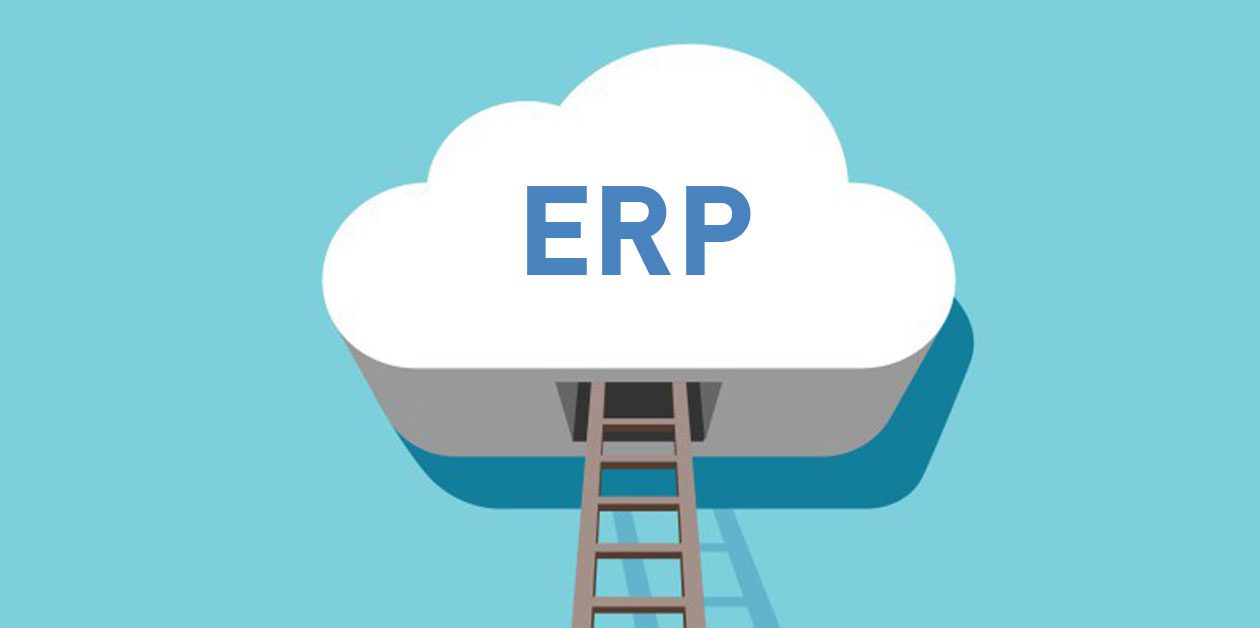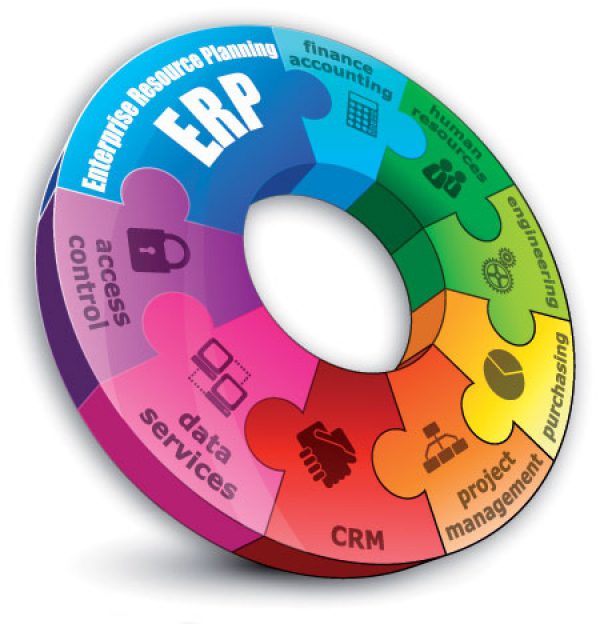Share
Read also

News & Events
ANEDIK KRITIKOS selects SOFTONE’s innovative SHOPRANOS Digital Commerce platform to create a modern B2B e-commerce store

Business Software
The trends that are transforming CRM and service delivery

Trends & Views
How Digital Transformation works for the benefit of your business

Business Software
How demand forecasting is resolved with ERP
While in some cases on-premise ERP is the right choice, most often cloud-based solutions are just beyond competition. There are valid reasons why more and more businesses opt for cloud-based solutions. Let’s take a closer look.
Mobile rules!
With mobile and wearable devices, the cloud has become the only reasonable option, since the data is already there and not in an isolated, on-premise system that may or may not support web access. And let us not forget about mobile apps that allow us to work from our preferred smartphone, regardless of where we are.
Security
Cyber-attacks are a reality and cloud applications have the primary advantage of being regularly updated. And these updates are applied for all users. On the contrary, on-premise ERP applications are not that regularly updated and, as a result, businesses are often forced to rely on outdated versions.
It is a common misunderstanding among decision-makers that the operations executed on-premise are more reliable than a modern, cloud infrastructure that is protected with the most advanced data privacy and security solutions.
Access and transparency
The cloud offers a secure way for customers to access their data, with safety and transparency. Furthermore, cloud-based solutions offer cooperation and data sharing features that are just not possible with on-premise systems, enabling you to resolve issues quickly and monitor time and expenses effectively. This changes the way projects are completed, eliminating old-style status reports and time-consuming email chains.
Automation and processes
A primary advantage of ERP technology is that it brings transaction data closer to customer activity. This creates greater opportunities for automating processes related to support, delivery, project data etc. In any case, automation will enhance your business processes, since everything exists in the same cloud database.
Complex business models
Cloud-based ERP solutions support more complex, result-based business models, which are more and more required by the modern as-a-service economy. Businesses are now trying to offer bundled services that combine traditional products, subscriptions to software solutions, implementation and support services.
When a cloud-based ERP system is properly implemented, it can manage all the above with a single contract, thus offering transparency and simplicity to customers, while at the same time automating any complicated processes regarding invoicing and supporting new types of revenue, whenever required.
In a few words, you need to remember that, in most cases, the traditional old ERP systems have not been designed to handle complicated situations, thus limiting your options to respond to your customers’ requirements and enhance innovation.







